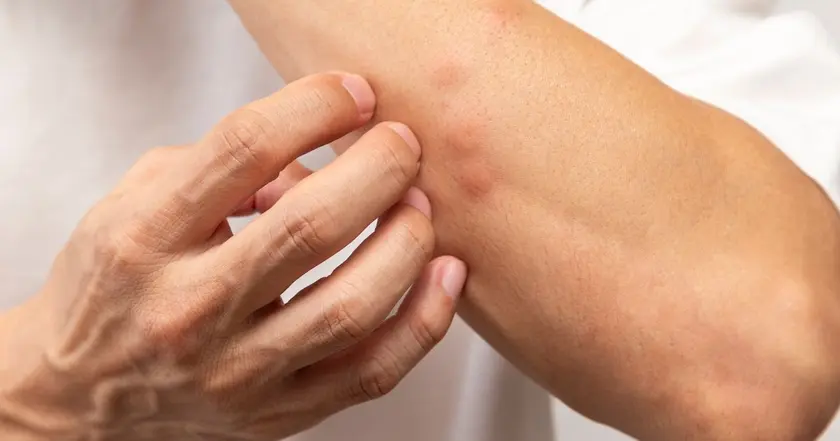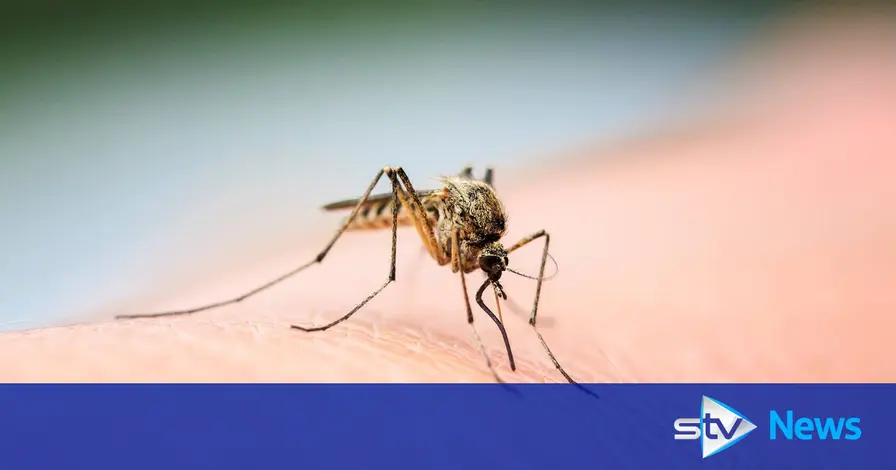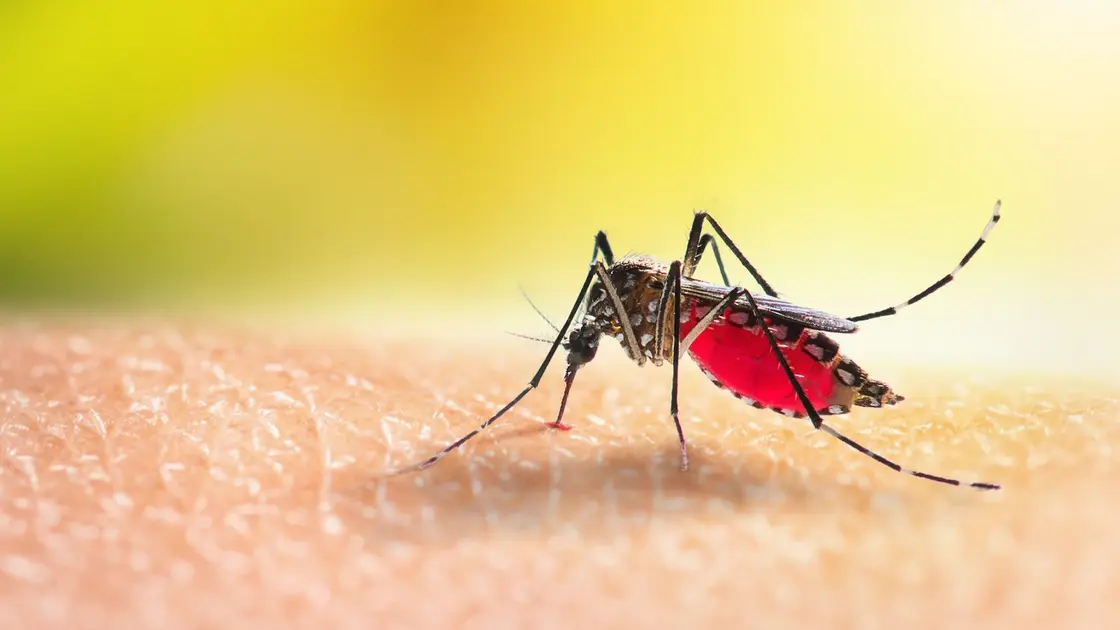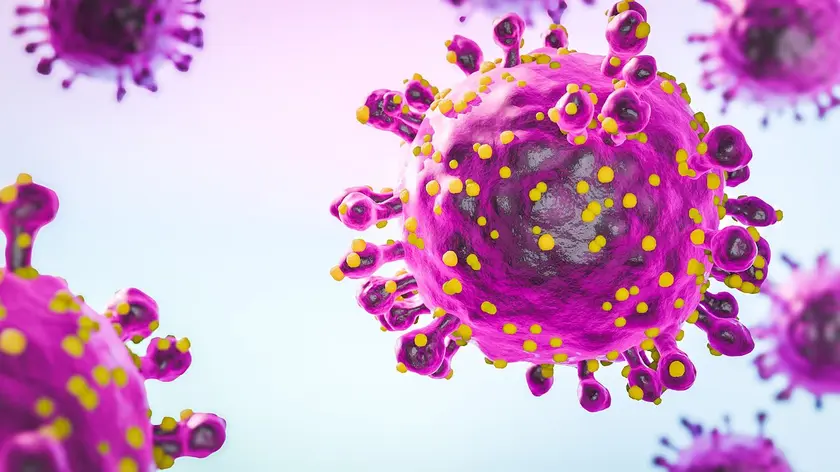T4K3.news
Oropouche virus detected in UK first time
Three travellers from Brazil test positive; UKHSA issues travel health guidance and urges vigilance.

Three travellers returning from Brazil tested positive for the tropical virus in the UK, prompting fresh travel health guidance and warnings about vector-borne diseases.
UK records first Oropouche virus cases
Three travellers who recently returned from Brazil tested positive for the Oropouche virus in the United Kingdom, the UK Health Security Agency said. The disease is carried mainly by tiny biting midges, with mosquitoes capable in some areas. There is no vaccine and no drug proven to treat it; medical care focuses on relieving symptoms. Most people recover within a week, though relapses can occur and rare cases may lead to serious complications such as meningitis or brain inflammation. The arrival in the UK underscores how warming climates, expanding urban areas, and international travel are expanding the reach of vector borne diseases. Officials emphasise that midges in the UK are not known to spread the virus at this time.
Health guidance for travellers heading to parts of Central and South America includes using DEET-based repellents, wearing long sleeves and trousers at peak midge times, staying in screened or cooled accommodation, and using treated bed nets where appropriate. There is ongoing research into other possible transmission routes, and some evidence suggests pregnancy could allow mother to child transmission, though more data are needed. The agency advises clinicians to consider unfamiliar diseases in patients with compatible symptoms after travel and to encourage patients to report travel history. The message to healthcare workers is clear: stay vigilant but avoid panic.
Key Takeaways
"There is currently no specific treatment or vaccine for Oropouche virus disease."
Facts about medical solutions
"Protect yourself by using DEET and sleeping under a treated net."
Prevention guidance
"This arrival shows how climate change and travel converge on public health."
Editorial insight
"Pregnant travellers should talk to their GP before leaving."
Medical guidance
This case illustrates how infectious diseases travel with people and climate change. The UK exposure is through travellers, not local vectors, which emphasizes the importance of robust surveillance and clear public guidance. It also tests the health system’s ability to communicate risk without triggering unnecessary alarm, especially around pregnancy and potential transmission routes that are still under study.
Editorially, the coverage balances factual details with practical steps for readers. It frames the event as part of a broader pattern of changing disease risk in a connected world, rather than a singular scare. That framing matters for public trust and for how travel health messaging evolves next.
Highlights
- There is currently no specific treatment or vaccine for Oropouche virus disease.
- Protect yourself by using DEET and sleeping under a treated net.
- This arrival shows how climate change and travel converge on public health.
- Pregnant travellers should talk to their GP before leaving.
Public health and travel risk
The outbreak touches on climate-linked disease spread and international travel. It raises questions about surveillance, vaccine development, and how to advise travellers and clinicians without causing undue alarm.
Public health vigilance remains essential as travel and weather patterns shift.
Enjoyed this? Let your friends know!
Related News

Three UK cases of tropical virus linked to Brazil travel

UK detects first travel related Oropouche virus cases

Chikungunya cases rise in UK

UK travel health alert

UK travel health update

Oropouche virus detected in Britain

New dengue and chikungunya cases reported in Italy

SLC45A4 and pain link discovered
